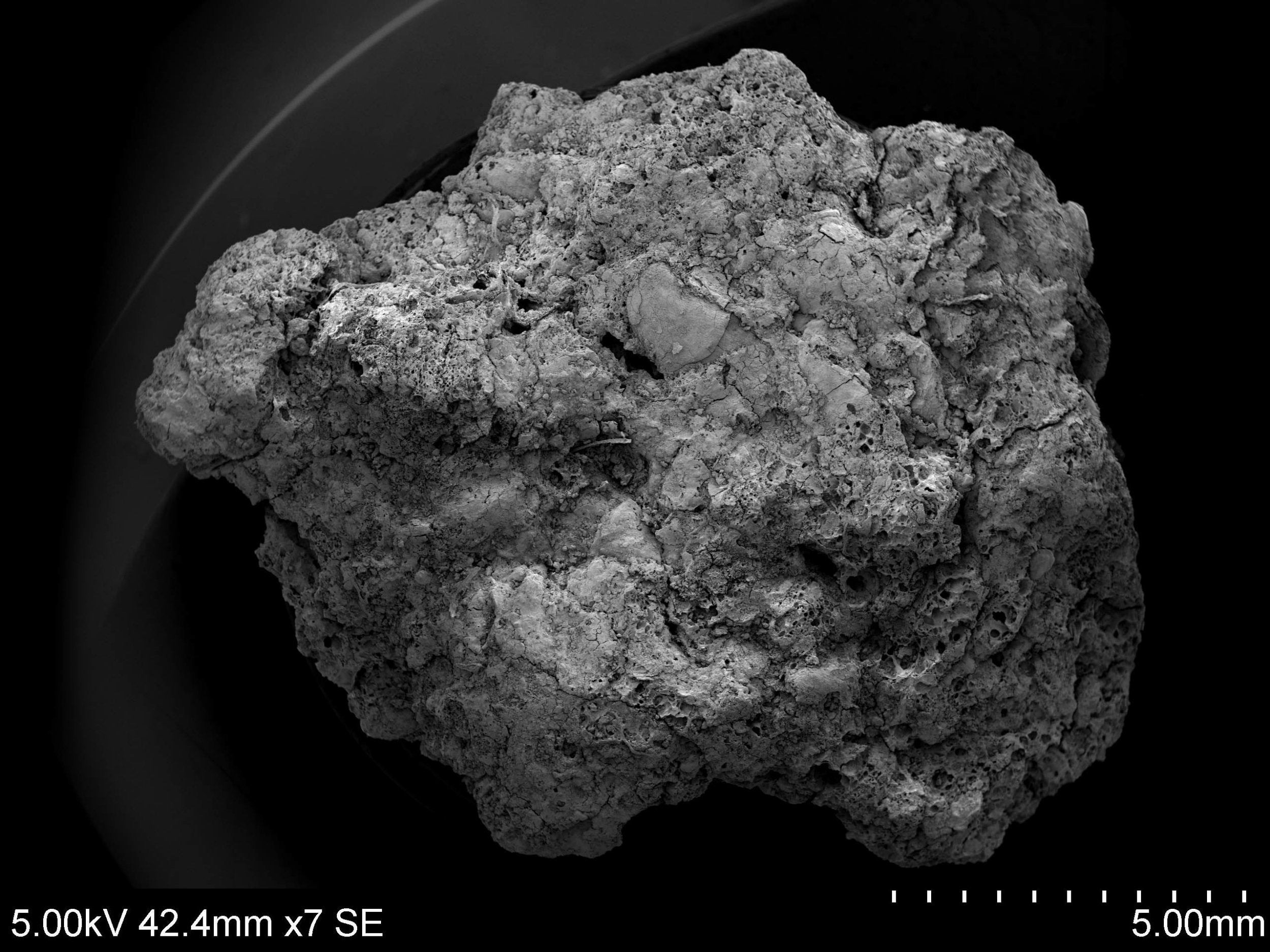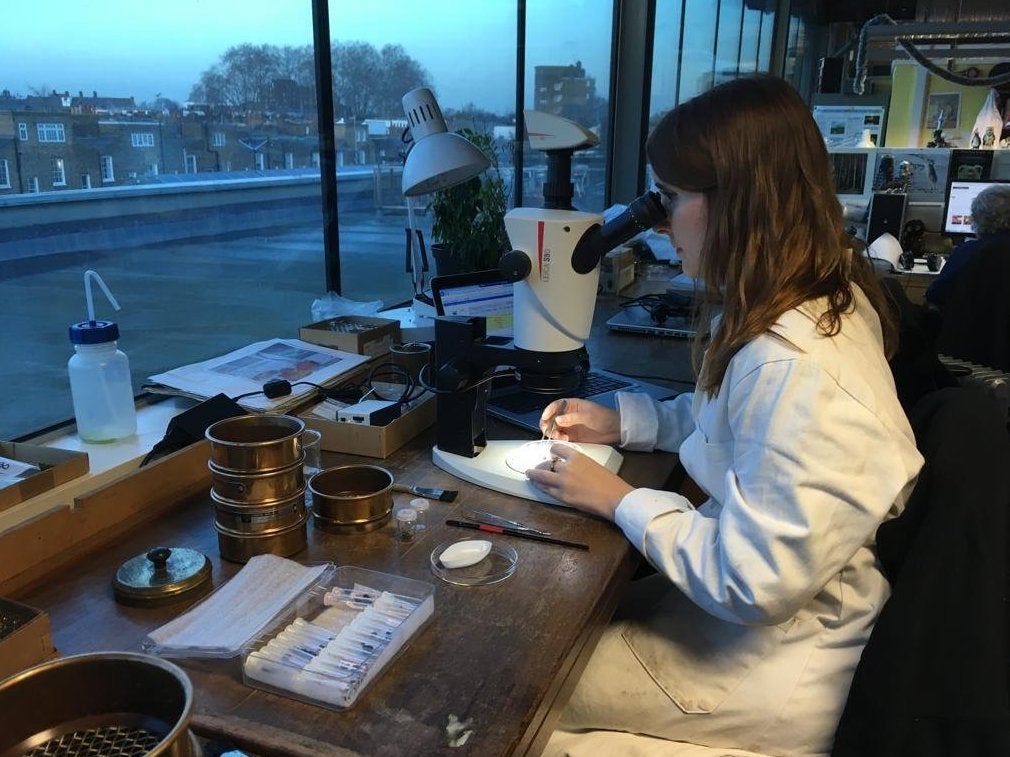The Independent's journalism is supported by our readers. When you purchase through links on our site, we may earn commission.
Archaeologists discover ‘evidence of first beer ever brewed in the UK’ in Cambridgeshire
The brew could date back more than 2,000 years
A team working on widening the A14 have found evidence of what archaeologists believe to be the first beer brewed in the UK.
Experts working on the road improvements between Cambridge and Huntingdon said tiny fragments of charred residue from the brewing process were found in excavated earth.
They believe the brew could date back as far as 400BC.
“It’s a well-known fact that ancient populations used the beer-making process to purify water and create a safe source of hydration,” said Dr Steve Sherlock, Highways England’s archaeology lead for the A14 expansion.
“But this is potentially the earliest physical evidence of that process taking place in the UK.”
Lara Gonzalez, one of approximately 250 archaeologists working at the site, uncovered the evidence.
“I knew when I looked at these tiny fragments under the microscope that I had something special,” she said.

She explained that the microstructure of the remains had changed through the fermentation process and there were distinctive air bubbles commonly formed in the boiling and mashing process of beer brewing.
“It’s like looking for a needle in a haystack but, as an archaeobotanist, it’s incredibly exciting to identify remains of this significance and to play a part in uncovering the fascinating history of the Cambridgeshire landscape,” she said.
The porous structures of the fragments had a similar appearance to those in bread, but showed “evidence of fermentation” and contained “larger pieces of cracked grains and bran, but no fine flour”, Ms Gonzalez added.
As a result, the team believe the residue was formed during the beer-making process.
Roger Protz, the former editor of the Campaign for Real Ale’s Good Beer Guide, said East Anglia has a well-established reputation in the brewing industry given the type of barley grown in the area.
“It’s known as maritime barley and is prized throughout the world,” said Mr Protz.

“When the Romans invaded Britain they found the local tribes brewing a type of beer called curmi.”
He said the brew in question was probably made from grain.
A Highways England spokesperson said other finds suggest locals in the region also “had a taste for porridge and bread”.

In October last year, road workers working on the A14 also unearthed the Ice Age remains of a woolly mammoth which were estimated to be around 150,000 years old.
They have also discovered prehistoric henges, Iron Age settlements, Roman kilns, three Anglo-Saxon villages and a medieval hamlet.
Join our commenting forum
Join thought-provoking conversations, follow other Independent readers and see their replies
Comments
Bookmark popover
Removed from bookmarks